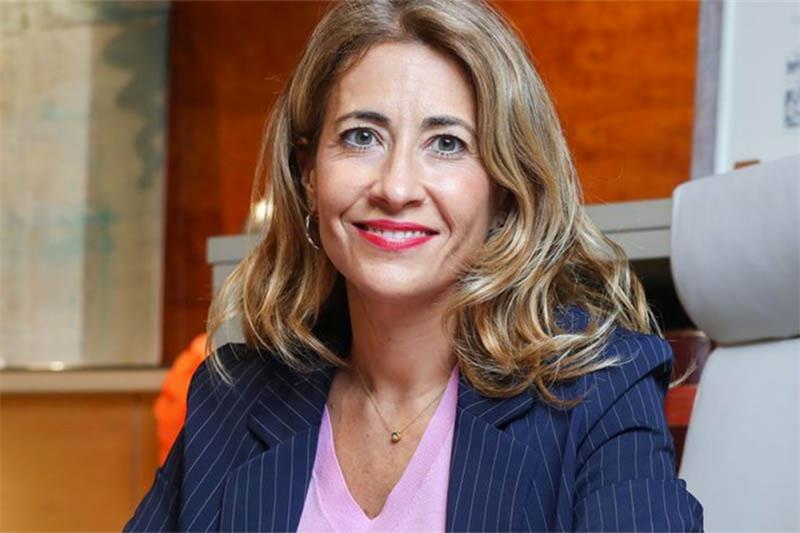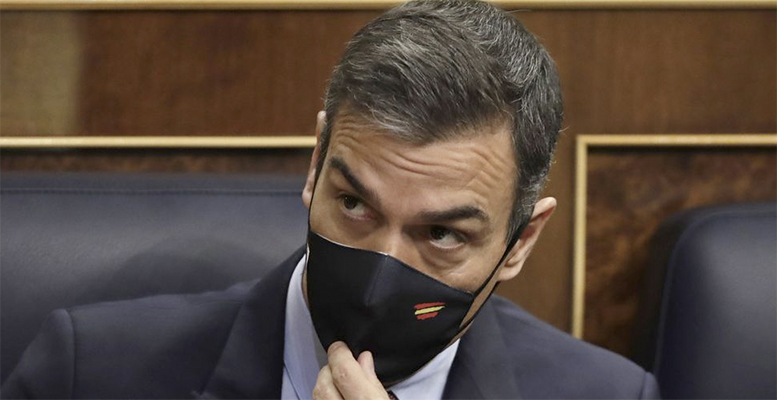Malta’s flagship economic, business and foreign investment conference, the EY-Parthenon Future Realized Conference (formerly known as the Malta Attractiveness Event), will be held at the Malta Mediterranean Conference Center on 18 october. Prime Minister Robert Abela and Opposition Leader Bernard Grech will attend the conference.
The high-level event brings together 1,000 CEOs and leaders from the public and private sectors, alongside numerous foreign investors, to discuss key global and local issues and opportunities focusing on FDI, economics, sustainability, people and technology.
The world’s top speakers will dive into Europe’s economic outlook, history and current geopolitical situation resulting from the war in Ukraine. This will set the stage for discussions on how Malta can weather the current international storm, with a focus on investment and resilience.
The list of speakers includes former European leaders: Jan Peter Balkenende, the former three-time Prime Minister of the Netherlands; Jan Krzysztof Bielecki, former Prime Minister of Poland; and Danilo Turk, the former President of Slovenia and UN Under-Secretary General for Political Affairs, who is the current President of the Club of Madrid (the largest forum of former Democratic Presidents and Prime Ministers).
The list of speakers includes former European leaders
European Parliament President Roberta Metsola will deliver a speech on the future of Europe.
Renowned author, broadcaster, commentator and traveler Norman Davies will deliver a keynote address on Europe’s history and provide key insights into current geopolitical challenges, and share his thoughts on Malta’s prospects and role through the prism the past.
Other high-profile speakers include key government ministers, local and international CEOs, influential figures from academia and society, and various top EY global leaders.
This year’s event will be divided into three main areas.
The event will begin with an analysis of geopolitics and conflicts in Europe. An in-depth analysis of the local and international economic outlook will follow, exploring potential economic scenarios, inflation and rising interest rates, the impact this is having on business, and strategies to pursue in times of uncertainty and volatility.
The second section will focus on the results of the 18th Malta Attractiveness Survey, an annual survey of current FDI companies in Malta, which will describe investors’ feelings about Malta’s attractiveness for foreign investment and the impact of current geopolitical tensions, the resumption of COVID-19 and the FATF gray list.
The results, announced by Ronald Attard, Country Managing Partner of EY Malta and Simon Barberi, EY Director and Head of Attractiveness Program, will provide insight into Malta’s investment strengths and areas for improvement.
Finally, the discussions will focus on the main national drivers of investment for the future. Global tax policy reform and potential implications for Malta will be discussed, as well as priority areas for Malta going forward: digital and innovation, infrastructure, renewable energy and the new European energy agenda, sustainability , skills and talents.
In addition, several sectoral workshops will provide specific insight into the industries that form the foundation of the Maltese economy, including financial services, gaming, manufacturing, etc., while providing space to discuss developments in these sectors. and ecosystems and future opportunities.
An exhibition space will be open for pre-registration the day before, with delegates having time to network and meet their peers throughout the event itself.
The event is organized in collaboration with the Malta Chamber of Commerce, Enterprise and Industry.
For more information and to register, visitey.com/en_mt/events/malta-future-realised-2022.
Independent journalism costs money. Support Times of Malta for the price of a coffee.
Support us












